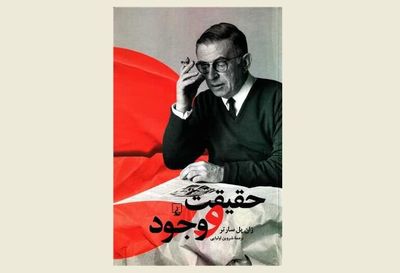“Truth and Existence”, written in response to Martin Heidegger’s “Essence of Truth”, is a product of the years when Sartre was reaching full stature as a philosopher, novelist, playwright, essayist and political activist.
This concise and engaging text not only presents Sartre’s ontology of truth but also addresses the key moral questions of freedom, action and bad faith.
“Truth and Existence” is introduced by an extended biographical, historical and analytical essay by Ronald Aronson.
The book has enjoyed critical acclaim.
“‘Truth and Existence’ is another important element in the recently published links between Sartre’s existentialist ontology and his later ethical, political and literary concerns… The excellent introduction by Aronson will help readers not experienced in reading Sartre," Choice wrote.
“Accompanied by an excellent introduction, this dense, lucidly translated treatise reveals Sartre as a characteristically 20th-century figure,” Publishers Weekly said.
Sartre was offered, but declined, the Nobel Prize for literature in 1964. His many works of fiction, drama and philosophy include the monumental study of Flaubert, “The Family Idiot” and “The Freud Scenario”, both published in translation by the University of Chicago Press.
Source:Tehran Times

